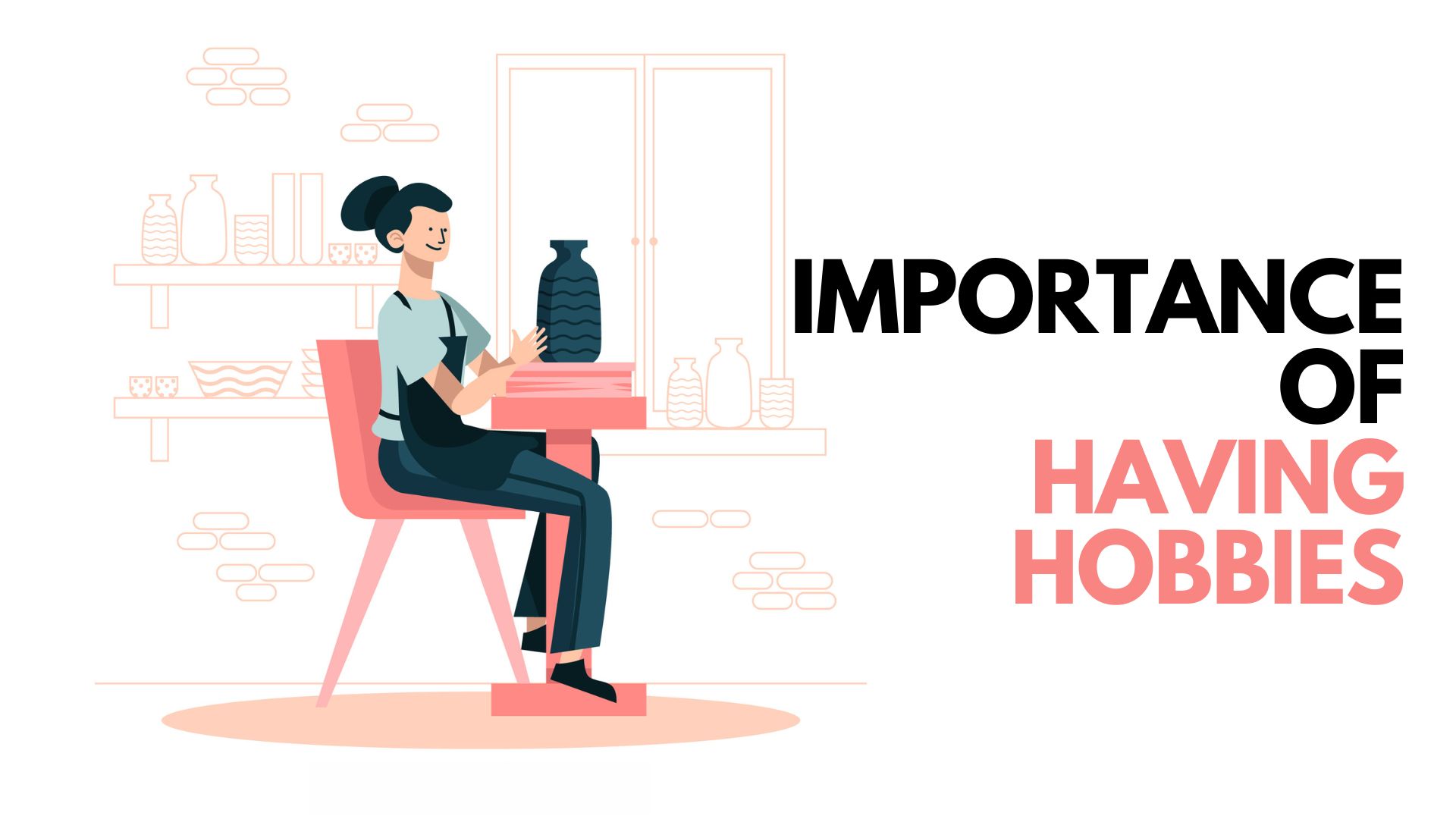Successful technologies often begin as hobbies. Jacques Cousteau invented scuba diving because he enjoyed exploring caves. The Wright brothers invented flying as a relief from the monotony of their normal business of selling and repairing bicycles. – Freeman Dyson
As kids, we can have dozens of different interests. Maybe we like dinosaurs, mythology, sports, and so many other things. As kids, as also tend to be hungry for new knowledge and new ideas. However, as we grow, we can sometimes let go of that innate curiosity to focus on what we need to do. But hobbies remain important for our well-being as we age. Let’s discover why it’s so important to cultivate hobbies and give time to the things we like and not just to what we have to do.
They give you an outlet
The first benefit of having hobbies is that they give you a reliable way to relax and wind down after a hard day or a rough week. Hobbies are activities that are sure to make you feel a little better, relax you, or give you a fun task to do.
Hobbies provide an outlet that is especially important if you, like most people, spend the bulk of your time at work. Work can be stressful, and we need activities that help us relax and express our emotions in a positive way.
They connect you with like-minded people
Hobbies are a great way of meeting new people and strengthening relationships with those you know. Hobbies provide a positive social environment that can help you meet new people and also connect with others in a stress-free environment.
Certainly, not all hobbies are social. But still, there are communities of people who support each other, offer information, and talk about their passions. These communities might be formed online or in person, but still they exist for any imaginable hobby. They can be a path to meeting people with shared ideas, values, and pastimes, with a lot of potential for strong friendships.
They provide a source of positive emotions
Hobbies can inspire a wide range of emotions, but they are usually linked to positive feelings and experiences. You can feel curiosity, fascination, admiration, joy, excitement, and many more things. Even when there is a level of stress, usually, this is linked to eustress, that is, positive stress tied to the existence of a challenge.
In daily life, our emotions might be distress or negative stress. We tend to worry or feel sad and angry. Hobbies provide a strong, reliable source of positive emotions. This, in turn, can enhance our well-being and make us feel more satisfied and more positive about life, improving our mental health as well.
Open new opportunities
There should not be an expectation to monetize every hobby we have. But sometimes it can happen and be a positive change. People who like to bake can open their own bakeries, while crafters might begin their online DIY business. Hobbies can provide the path to new possibilities in terms of work and broaden one’s job prospects.
Hobbies can connect you with professionals and help you find new opportunities in life. They can also become a path to solving problems, as they broaden your cognitive toolbox.
An expression of creativity
Hobbies provide an outlet for your creativity. Being able to express yourself creatively and make things for fun and not for profit is beneficial, as it contributes to a better mental health.
Being creative is very important for our well-being, but we don’t always get the chance to express our full potential. Hobbies with creative elements can empower us to explore aspects of ourselves that remain hidden and promote our creativity.
They add variety and novelty
The mind craves variety, and life usually offers routine. This routine has its benefits but it can also wear down the brain. When we spend too much time doing the same things, we enter an autopilot mode that makes it harder to enjoy life and feel happy.
Hobbies add a lot of variety. In this way, they can nurture the brain’s need for new things and encourage it to shut off the autopilot.





